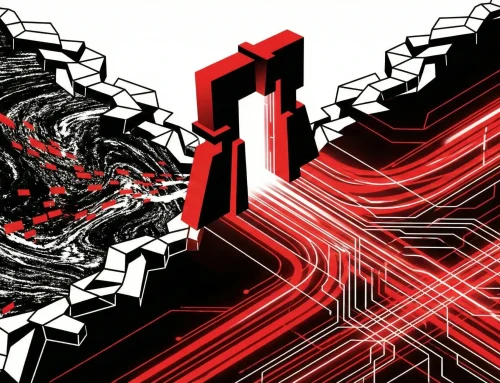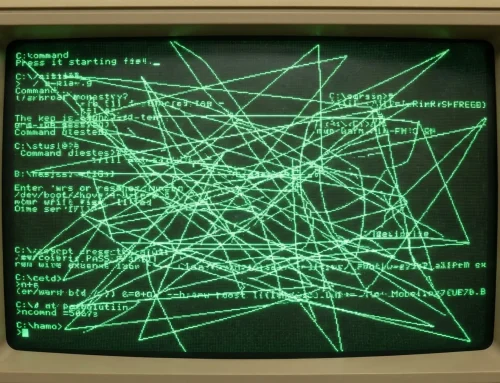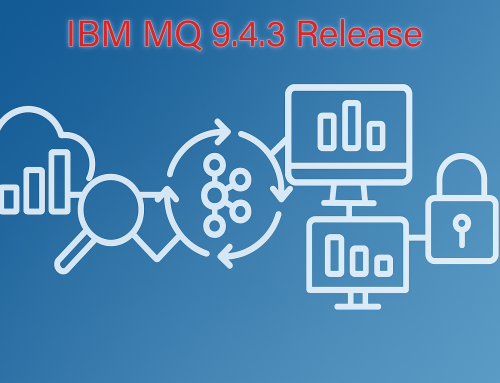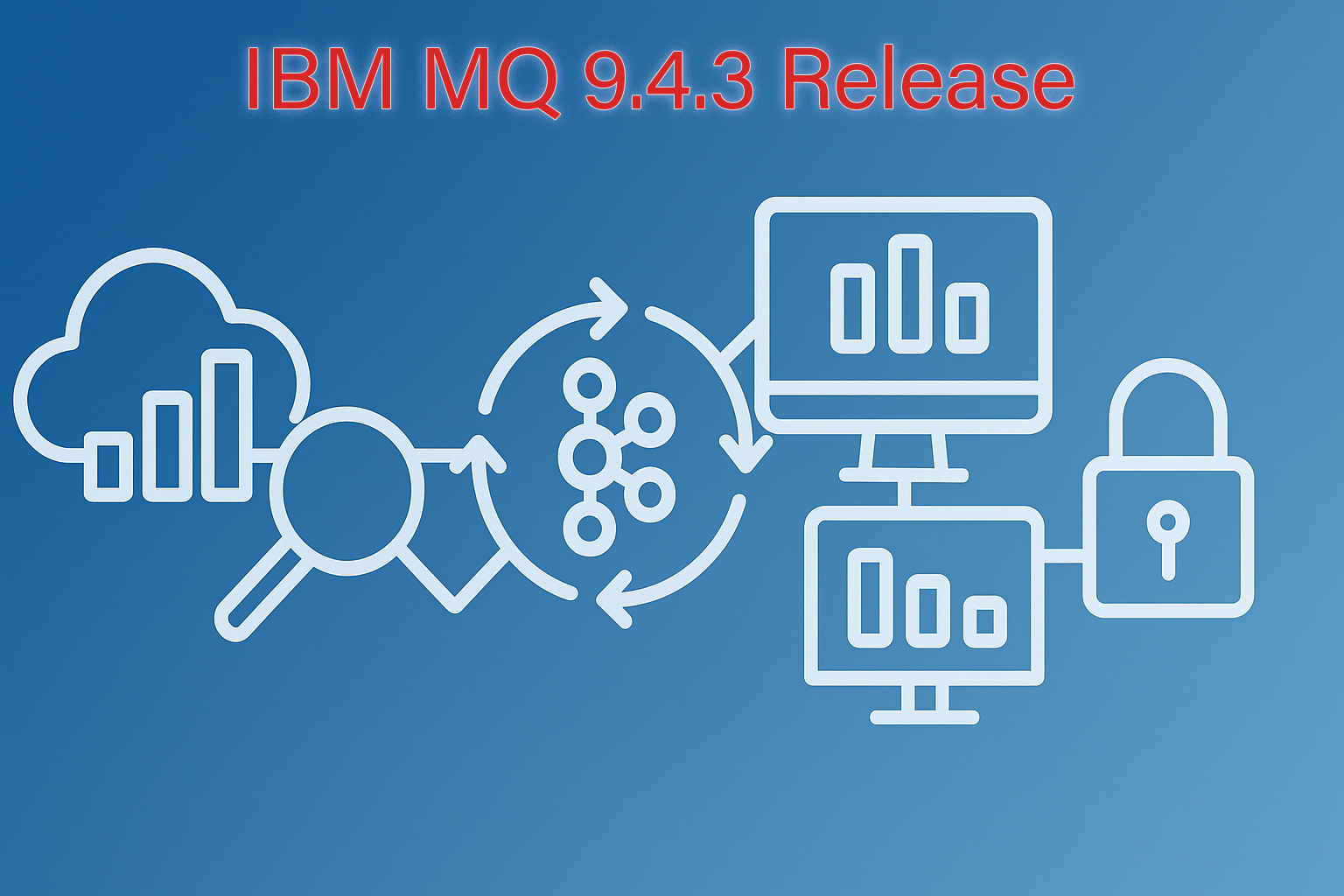In 1867 speech in Edinburgh, British Prime Minister Benjamin Disraeli said, “In a progressive country change is constant; …change… is inevitable.”
Similar quotes can be found from progressive thinkers and scientists.
“Change is the law of life. And those who look only to the past or present are certain to miss the future.” John F. Kennedy
“You must be the change you wish to see in the world.” Mahatma Gandhi
Some of the great thinkers in history embraced the idea of change, progress, innovation. Perhaps not only because it spurred new ideas, but because like Disraeli said – it’s inevitable.
And that brings me to the IT world, specifically, enterprise IT. This is the world of ‘if it ain’tbroke, don’t fix it.’
I’m not sure where that mindset originated. Of course if you don’t touch or change something, it will behave the same over and over. But for how long? When is something just old and useless? Most likely when it doesn’t meet the job requirements or expectations of your clients, employees, or company.
I got into IT because I believed, “innovation, automation, these are good things”.
And it is true. Perhaps you haven’t noticed but you can do a heck of a lot more using a smart phone than you could with your wall tethered phone of 20 years ago!
easy decision??

But still – I’ve visited and done work at IT sites where employees are held back by old hardware, old software, or both. This causes them to waste precious time, especially in solving problems.
The bottom liners cite ‘costs’ of upgrading. Well sure, but there is more significant costs inNOT upgrading. That includes not realizing new efficiencies and approaches.
This includes, for example, the cost of someone doing something for hours and perhaps repeating that process many days per week, for something that should take minutes as a onetime task. If a valuable resources is doing this task, then not only are you paying that person(s) a good rate to do mundane work, but you’re likely leading them to look for a different employment opportunity.
Getting back to Disraeli — he also said, “As a general rule the most successful man in life is the man who has the best information.”
So I’m kind of bewildered as to why Enterprise technology groups continue to struggle by using tools and products and solutions that don’t give them the ‘best information’ in the easiest way. Solutions that force them to endure too much time to install, setup, configure, maintain, upgrade?
Is it the fear of change? If you took that approach to the technology in your home, you’d be watching a 10 inch black and white screen with a manual channel knob, have a wall phone with a rotary dial, and be fishing for 8 track tapes whenever you wanted to crank up “Baba O’Riley “!


More Infrared360® Resources

























